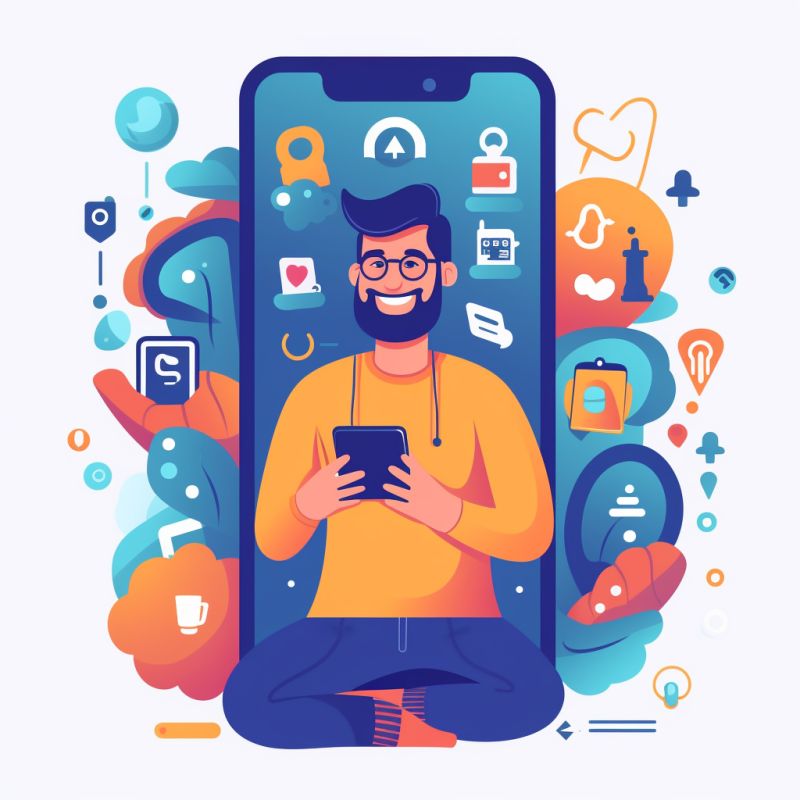
Influencer marketing has become one of the most powerful ways for brands to connect with their audience. With the rise of social media, people now trust creators more than traditional ads.
But not all businesses may benefit in the same way. So, Let’s explore.
1. Fashion and Beauty Brands
Fashion and beauty brands were among the first to adopt influencer marketing. And for good reason!
These industries are visual and fast-paced. Influencers help showcase new products through tutorials, reviews, and unboxing videos. Platforms like Instagram, YouTube, and TikTok are perfect for this.
Example: A lipstick brand can send products to beauty influencers, who then create a “Get Ready With Me” video using it. That one video can drive huge traffic and sales.
2. Health and Fitness Businesses
Fitness trainers, wellness coaches, and diet influencers are perfect partners for health brands.
If you sell supplements, workout gear, or offer online fitness programs, influencers can help you build trust quickly. Their audience often looks to them for real advice and product suggestions.
Why it works: The audience already trusts the influencer’s health journey. So, product recommendations feel more personal and authentic.
3. Food and Beverage Companies
From healthy snacks to fancy restaurants, the food and beverage industry thrives on influencer reviews.
Food bloggers and home chefs often share recipes, reviews, and taste tests with their audience. These honest, engaging posts can create instant interest.
Example: A new café can invite local food influencers to try their menu. Their posts will reach a wider audience than any paid ad.
4. Travel and Hospitality Brands
Travel influencers bring destinations to life through storytelling and visuals. Hotels, travel agencies, and airlines can use influencer content to showcase real experiences.
People love to discover new places through the eyes of fellow travelers. Influencers make the experience relatable and inspiring.
Pro tip: Partner with micro-influencers who focus on niche travel like solo travel, adventure travel, or family vacations.
5. Tech and Gadget Startups
Product reviews and “unboxing” videos are a huge hit in the tech space. Influencers who specialize in gadgets and software can make complex tech easier to understand.
Startups can gain early traction by sending products to trusted tech reviewers.
Example: A new smartwatch can reach thousands of potential buyers through a detailed YouTube review.
6. E-commerce and D2C Brands
Direct-to-consumer (D2C) and e-commerce brands thrive on influencer partnerships. Influencers drive traffic directly to product pages through swipe-up links, discount codes, and affiliate links.
These brands often rely on social proof, and influencer content acts as a powerful review system.
Why it works: Influencers help shorten the customer journey—from discovery to purchase.
7. Education and Online Learning Platforms
Influencers in the ed-tech space include tutors, career coaches, and content creators focused on personal growth.
They promote courses, webinars, and study tools to their followers, often with their personal success stories attached.
Example: A career prep platform can partner with a YouTuber who shares productivity hacks or job interview tips.
8. Home Decor and Lifestyle Brands
Lifestyle influencers are experts at creating beautiful content around home decor, DIYs, and furniture setups. These partnerships feel authentic and aspirational.
Pinterest, Instagram, and YouTube are key platforms in this niche.
Pro tip: Collaborate during festivals or seasonal moments like Diwali or Christmas for themed campaigns.
Does Influencer Marketing Work for B2B?
Yes, but differently.
In the B2B space, influencer marketing often includes industry experts, keynote speakers, and niche content creators. These influencers have smaller, focused audiences of decision-makers and professionals.
Example: A SaaS company can partner with a LinkedIn creator who shares growth tips for startups.
Final Thoughts
Influencer marketing works best when it’s authentic and targeted. While fashion and beauty brands may see instant results, other industries like tech, travel, and education can also benefit with the right strategy.
No matter your business type, the key is to:
- Find the right influencers
- Set clear goals
- Track your results
Ready to explore influencer marketing for your business? Now’s the best time to start!
Leave a Reply